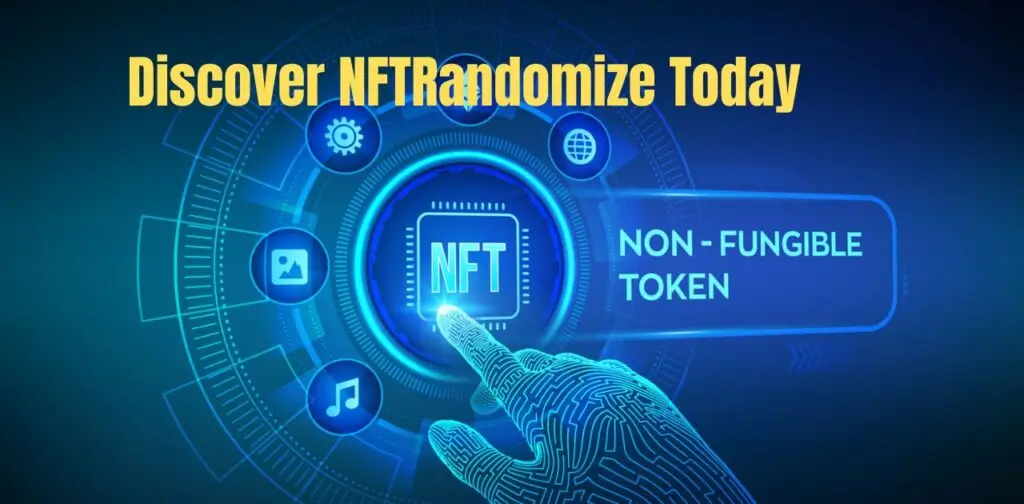Non-Fungible Tokens (NFTs) have transformed the digital landscape, redefining ownership and value in the digital age. As we progress through 2024, it is essential to grasp the intricacies of NFTs, their applications, benefits, and the challenges they present. This guide provides an in-depth look at the world of NFTs and how they continue to shape various industries.
Understanding NFTs
Non-Fungible Tokens (NFTs) are unique digital assets verified through blockchain technology, making them distinct and indivisible compared to traditional cryptocurrencies like Bitcoin or Ethereum.
The Birth and Growth of NFTs
NFTs emerged from the convergence of blockchain technology and digital art, with early projects like CryptoPunks and CryptoKitties paving the way.
- CryptoPunks: One of the earliest NFT projects, featuring 10,000 unique collectible characters.
- CryptoKitties: A game that popularized NFTs by allowing users to breed and trade virtual cats with distinct traits.
How NFTs Operate
NFTs are created, or “minted,” on blockchain platforms such as Ethereum, Binance Smart Chain, and Flow. Smart contracts, which are self-executing agreements with the terms directly written into code, govern these NFTs.
- Minting: The process of creating an NFT on the blockchain.
- Smart Contracts: The backbone of NFTs, ensuring authenticity and enforcing ownership rights.
 NFT Applications Across Industries
NFT Applications Across Industries
NFTs are not confined to digital art; they span various sectors, including music, gaming, virtual real estate, and more.
Digital Art: Revolutionizing Creative Ownership
Digital art remains a cornerstone of the NFT market, offering artists a direct route to sell their work to collectors.
- Provenance and Authenticity: NFTs ensure the originality and ownership of digital artworks.
- Royalties: Artists can earn royalties on secondary sales, ensuring ongoing revenue streams.
Music: Transforming the Industry
Musicians can tokenize their work, including songs, albums, and concert tickets, offering exclusive content and experiences to fans.
- Direct Sales: Musicians can sell their work directly to fans, bypassing traditional distribution channels.
- Enhanced Fan Engagement: NFTs provide unique opportunities for fan interactions, such as exclusive meet-and-greets or backstage access.
Gaming: Enhancing Player Experience
NFTs are revolutionizing the gaming industry by allowing players to own, trade, and sell in-game assets.
- Play-to-Earn: Games like Axie Infinity enable players to earn NFTs and cryptocurrencies by playing.
- Asset Interoperability: NFTs facilitate the use of assets across multiple games and platforms.
Virtual Real Estate: Building Digital Communities
Virtual worlds like Decentraland and The Sandbox allow users to buy, sell, and develop virtual properties, fostering new forms of online interaction.
- Virtual Commerce: Users can create virtual shops, galleries, and event spaces.
- Community Building: Virtual real estate promotes social interactions and community engagement.
The Benefits of NFTs
NFTs offer numerous advantages that appeal to a wide range of stakeholders.
Authenticity and Ownership Verification
Blockchain technology ensures a transparent and immutable record of ownership and transaction history, verifying the authenticity of NFTs.
Monetization Opportunities
NFTs open up new revenue streams for creators, enabling them to earn directly from their audience and receive royalties from secondary sales.
Global Market Access
NFTs allow creators to reach a global audience, expanding their potential customer base and enhancing visibility.
Challenges and Controversies of NFTs
Despite their advantages, NFTs face several challenges and controversies.
Environmental Concerns
The energy-intensive nature of blockchain technology, particularly Ethereum, has raised significant environmental concerns.
Market Volatility
The NFT market is highly speculative, with prices often driven by hype rather than intrinsic value, posing financial risks for buyers and sellers.
Intellectual Property Issues
NFTs can raise complex intellectual property questions, especially when digital content is based on existing copyrighted material.
Future Prospects of NFTs
The future of NFTs looks promising as technology and market dynamics continue to evolve. Several trends are expected to shape the NFT landscape in 2024 and beyond.
Integration with Traditional Markets
There is increasing integration of NFTs with traditional art and collectibles markets, with major auction houses and galleries incorporating digital assets.
Regulatory Developments
Governments and regulatory bodies are developing frameworks to address the legal and financial implications of NFTs, providing greater clarity and protection for participants.
Technological Advancements
Advancements in blockchain technology, such as more energy-efficient networks and improved interoperability, will address current limitations and enhance the functionality of NFTs.
Conclusion
NFTs have ushered in a new era of digital ownership and value, offering unprecedented opportunities for creators, collectors, and investors. As we move further into 2024, understanding the complexities and potentials of NFTs will be crucial for anyone looking to engage with this revolutionary technology.


